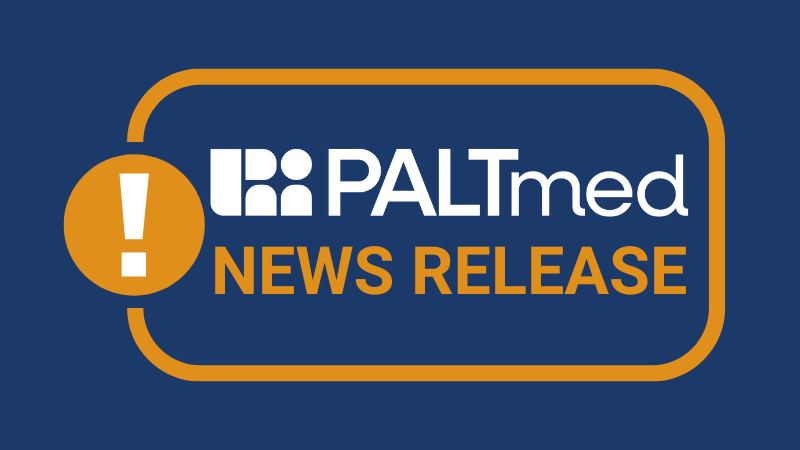Immunization
In post-acute and long-term care (PALTC) settings, ensuring that older adults receive appropriate immunizations is paramount. As the immune system undergoes changes with age, coupled with the prevalence of chronic conditions among this population, older adults become more susceptible to various infectious diseases. Immunizations play a pivotal role in reducing the risk of infections, their associated morbidities, and potential outbreaks in communal living environments.
Key Vaccinations for the PALTC Population
- Influenza Vaccine: Annual influenza vaccination is essential given the high morbidity and mortality associated with influenza in older adults. Different formulations, such as high-dose or adjuvanted vaccines offer enhanced efficacy and are recommended for adults ages 65 and older.
- COVID-19 Vaccines: Given the severe implications of COVID-19 among older adults, COVID-19 vaccination, with subsequent booster doses as recommended for those 65 and older or immunocompromised, is a pivotal component of preventive care in PALTC settings.
- Pneumococcal Vaccines: Several PCV and PPSV vaccines are available to protect against pneumococcal diseases. The CDC provides guidance on which vaccines are recommended for which groups.
- Herpes Zoster Vaccine: Shingles can be particularly severe in older adults who are more at risk the older they get. The two-dose recombinant zoster vaccine (RZV) is recommended over the live zoster vaccine due to superior efficacy and duration of protection.
- Tetanus, Diphtheria, Pertussis (Tdap) Vaccine: A one-time dose of Tdap, followed by Td or Tdap boosters every 10 years, ensures continued protection against these diseases.
- Respiratory Syncytial Virus (RSV) Vaccine: This long-awaited vaccine can help protect older adults from serious illness due to RSV. The CDC recommends that adults 75 years and older should receive a single dose of RSV vaccine, along with those 50-74 years of age with increased risk factors for severe RSV disease.
Strategies to Optimize Vaccination Rates
PALTmed’s Moving Needles program offers practical tips for clinicians and facilities focusing on improving their immunization rates in the Guide to Support Effective Immunization Practices in PALTC. These include:
- Use a multi-vaccine consent form on admission.
- Plan specific, consistent places and times (office hours, town halls, flyers, going door-to-door) for conversations about immunization with trusted messengers.
- Offer vaccines on-site at no cost wherever possible, and during all shifts.
- Review billing guidance to determine if the facility must purchase and bill for the vaccine or if partnership with a pharmacy is needed.





